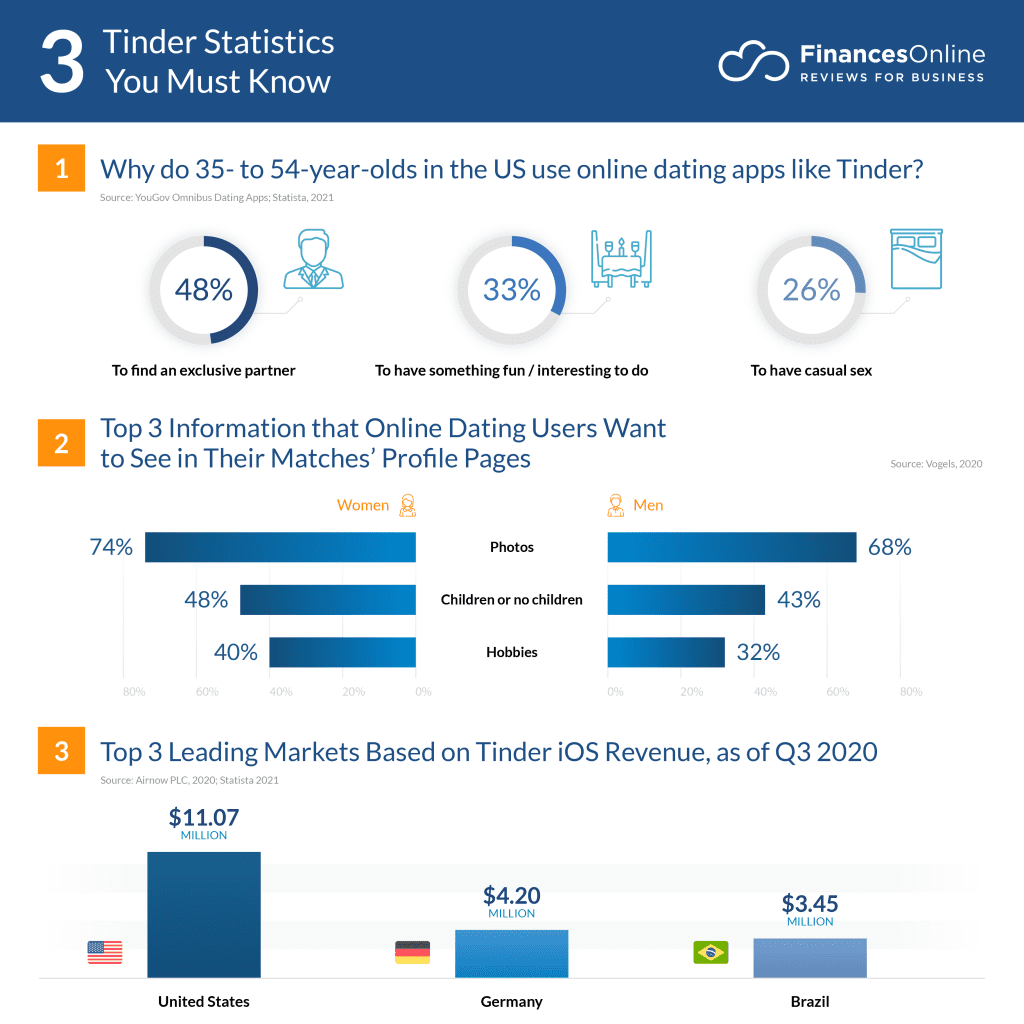Keeping a reputation as a good dater is important for anyone looking to date on tinder.
But what are the things that make a good dater?
extroversion
Using a dating app, like Tinder, can be a fun way to meet other extroverted people. In addition to the usual matchmaking, these apps let you express yourself through selfies, bios and videos. Some even let you choose your own “tribe” to date within. In some cases, you can choose to date other users of the same gender, or even the same sexual orientation. And for those who are a little hesitant about dating another stranger, these dating apps can be a great way to meet like-minded people.
Using a dating app has its downsides, however. Firstly, it can be difficult to meet other extroverted people in person. And secondly, you might not get to know the person you are swiping for very long before you have to decide whether or not you want to continue your date. That said, these apps are great for extroverted men and women, and are worth a try.
While not the best way to meet other extroverted individuals, using a dating app can be a lot of fun. For instance, you can have fun taking selfies, and even write bios that encapsulate the traits you are looking for in a partner. You might even get lucky and find someone who shares your interest in a certain subject, such as the military, or in the latest film release. But you can also end up with a crush on someone who is not in your circle of friends.
In addition to using a dating app, you might want to consider using a service like Happn. This app is a great way to find other extroverted people on your friends’ Facebook, and it can be used to meet other people at social events. And it even has a secret crush feature to help you find a match.
agreeableness
Generally, agreeableness is a laudable attribute, associated with thoughtfulness towards others and care for them. However, in the context of Tinder, it may be less significant.
A surprisingly large number of Tinder users are not genuinely interested in finding a date or in romantic relationships. In fact, they seem more interested in finding an affair. In addition, Tinder users tend to be younger, non-religious and childless. They also tend to have more anxiety symptoms and use harmful and illegal substances.
Moreover, agreeableness was not found to be associated with a greater likelihood of having a romantic relationship. However, when it was examined, the effect size was small. It also may be the case that individuals scoring higher on agreeableness are less likely to have a romantic relationship.
In addition, the Timmermans and De Caluwe (2017) study found that Tinder users scored higher on extroversion and agreeableness. However, there were no major differences between Tinder users and non-Tinder users on other measures of personality. In fact, their findings suggested that the majority of Tinder users were men. On the other hand, their study also found that extroversion was positively associated with a number of Tinder-related indicators, including a greater likelihood of getting a date. However, the effects of extroversion and agreeableness on the probability of forming a romantic relationship may be attributed to other variables.
Lastly, there was no clear winner for the most laudable Tinder-related indicator of all. It may be that the Big Five and the Dark Core are the best measures of Tinder-related information, but they have lower reliability than the instruments they were designed to measure. However, they still did a good job of showing that Tinder users are a bit more likely to be men than women and that they are more likely to be born in Norway.
openness
Using data collected from 123 non-single Tinder users who had offline Tinder encounters, this study examined the relationship between Tinder use and personality. This study found that Tinder users are more likely to be men, younger, non-religious, and childless. They also reported more anxiety and lower reports of low-risk and hazardous alcohol use.
Non-single Tinder users who had a offline encounter scored higher on Openness and Extraversion than non-single Tinder users who did not. The Openness score is characterized by interest in a novel experience. It may be related to Tinder users’ likelihood of forming a romantic relationship. The Openness score also positively correlates with Sexual Orientation.
The non-single Tinder users who scored higher on Openness also scored higher on the other Big Five personality traits. They were more likely to be men, have higher levels of extroversion, and be interested in other people. They also reported higher levels of Narcissism and Machiavellianism. These traits may contribute to Tinder’s ego-boost. They may also contribute to Tinder users’ trust in others, which could help explain the positive association between Tinder use and Openness.
The findings indicate that Tinder users may have a higher likelihood of forming romantic relationships. This can be attributed to their personality and substance use characteristics. However, the relationship between Tinder use and romantic relationship formation is not statistically significant. A more in-depth study is needed to understand why Tinder users are more likely to form a romantic relationship. Future research should consider the costs, rewards, and other factors related to Tinder use.
Using independent sample t-tests, Tinder users were compared to non-Tinder users. Tinder users were compared to non-users on the following variables: Agreeableness, Extroversion, Openness, Neuroticism, Conscientiousness, Belongingness, Peer Pressure, Travelling, Relationship Seeking, and Sexual Orientation.
Symptoms of anxiety
Using a dating app can be a great way to meet people. But a recent study found that using such a platform can lead to more anxiety than your average coffee shop date. The study surveyed 500 participants and found that using a dating app isn’t as healthy as you might think. The study found that participants using a dating app are more likely to report hazardous alcohol use, illegal drug use and poor self-esteem.
The best part is that there are ways to minimize this kind of anxiety. For example, some apps let users know in advance what they can expect from a relationship before they set foot in a room with a potential suitor. Similarly, there are apps that let users deliberate the words they type before hitting the send button. These features can be especially helpful for those who are shy.
The best way to combat this is to simply focus on your own self. Whether you do this with a dating app or by taking the time to get out and meet people in real life, you should always put your own health first. This will help you keep your cool and avoid overthinking every little thing.
There are other less obvious ways to lower your anxiety. For instance, focusing on your breathing can help you feel less nervous and more relaxed. Another way is to learn about your potential suitor’s interests and hobbies. This may sound cliche, but being able to talk about someone else’s interests can be a lot of fun. Likewise, learning about their accomplishments can make for an interesting conversation.
While there are many ways to lower your anxiety, the best way to do so is to take your time and enjoy the process.
Finding someone on tinder
Among the most popular dating apps is Tinder. It is estimated that over 50 million people worldwide use it. People use Tinder for different reasons. They use it for dating, casual sex, or just for social interaction.
A study of Tinder by Strugo and Muise found that about 51% of users have had sex with someone they met on Tinder. Tinder users were mostly singles looking for casual relationships.
The researchers analyzed data on Tinder use in Spain, which includes information about how young university students use Tinder. They also studied the psychosexual and emotional well-being of Tinder users.
The researchers found that Tinder users were not significantly different in body satisfaction, mood, or self-esteem than non-users. The study also found that the average number of friendship relationships between Tinder users was 2.19.
Tinder users are also known for having different offline behavior. Compared to non-users, they tend to be more likely to use public places. Likewise, they also tend to be more likely to engage in social interactions.
Tinder users can also use a number of third-party tools to perform Tinder searches. These tools allow you to search profiles using an email address or phone number. These tools are often free. However, there are also paid memberships that speed up the search process.
There is also a reverse email search tool called Social Catfish. This tool is similar to a reverse phone search, except it can be used to reverse search any name, email address, or phone number. You can even search by an image.
Tinder has also added a video feature. If you like someone’s profile, you can initiate a video call with them. It is a great way to learn more about a potential match before you message them.




